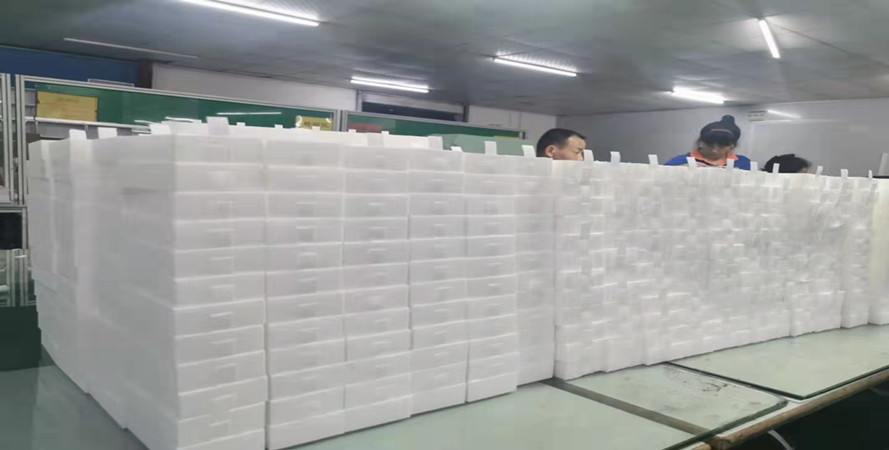- home > News > Filter knowledge
Composite HEPA filter VS glass fiber HEPA filter
The difference between composite HEPA filter and glass fiber HEPA filter
With the development of the world's industry, the discharge of many harmful substances has caused serious environmental pollution, and many pollutants cannot be treated, thus affecting people's quality of life. However, with the continuous advancement of technology, the emergence of various filtration equipment and Use, so that people's quality of life has been greatly improved.
Well, in the case of using filters, we need to understand what filters do. There are many styles of air filters, so let's take a look at what is the function of HEPA high-efficiency filter?
Generally, the high-efficiency filter materials used in our purification equipment/environmental protection equipment are HEPA composite high-efficiency filter paper and glass fiber HEPA filter paper. The composite HEPA filter and the glass fiber HEPA filter are both high-efficiency filters, and the filtration efficiency is H13-H14
How are they different?
Composite HEPA filter: composite filter paper, simply put, is a layer of PP meltblown, and then a layer of PET meltblown, which incorporates the advantages of both. After compounding, the overall filtration efficiency is improved and the resistance is reduced. The equipment is more energy-saving, the product is resistant to acid and alkali, corrosion resistance, high melting point, stable performance, and good stiffness makes the material resistant to wind pressure after folding, and is not easy to be damaged. The price is also relatively favorable.
HEPA glass fiber filter: It is made of glass ball or waste glass through high temperature melting, wire drawing, winding, weaving and other processes, and its monofilament is as thin as 1/20-1/5 of a hair. , each bundle of fiber strands is composed of hundreds or even thousands of monofilaments. Therefore, its disadvantage is that it is relatively brittle, has poor wear resistance, and the resistance is higher than that of the composite HEPA filter. It has the characteristics of uniform pore size distribution, small quantitative deviation, heat resistance, flame retardant, water resistance, and large dirt holding capacity. High filtration accuracy, the disadvantage is that it is easy to break, and the price is a little more expensive than HEPA filters. Glass fiber HEPA filtration has high precision and is widely favored by the nuclear industry and major brand purification equipment manufacturers.
Application
The composite HEPA filter and the glass fiber HEPA filter are both high-efficiency filters, and the filtration efficiency is H13-H14. Filtration accuracy is dominated by glass fiber, and the resistance and efficiency are not much different. However, in comparison, the composite HEPA filter is more suitable for civil purification equipment, with similar filtration efficiency, lower resistance than glass fiber, more energy-saving, suitable for various structures, paper frame, metal frame, large air volume and not easy to break, and the price is cheaper than glass fiber .
Glass fiber HEPA filters are more suitable for high-precision purification and filtration equipment such as industrial, high-demand clean rooms, and nuclear industries. Because the characteristics of glass fiber are brittle and fragile, the selection of the outer frame is generally protected by a metal outer frame, and the price is relatively expensive. In terms of cost performance, it is not suitable for household and civil purification equipment.


Please Feel free to give your inquiry in the form below.We will reply you in 24 hours.

